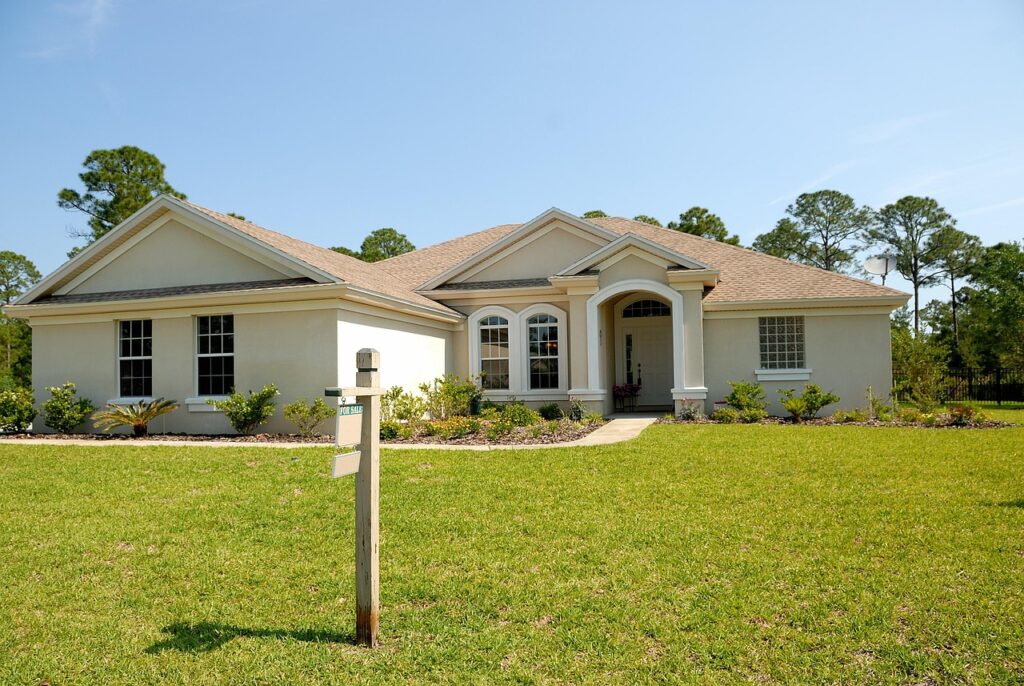A home addition contractor specializes in expanding existing living spaces by designing and building new rooms or extensions. This professional manages all aspects of the project, including planning, permits, materials, and construction, ensuring the addition integrates smoothly with the existing structure.
Choosing the right home addition contractor is crucial because they directly impact the quality, timeline, and budget of the project. Experienced contractors provide expertise in avoiding common pitfalls, offer accurate cost estimates, and ensure compliance with local building codes.
Home additions come in many types, from simple room expansions to complex multi-level additions. Trusted contractors bring valuable guidance on which option fits the homeowner’s needs and property constraints, helping to maximize both space and investment.
Choosing the Right Home Addition Contractor
Selecting a contractor for a home addition requires careful attention to specific qualities, proper credentials, and a demonstrated track record. Each element plays a critical role in ensuring the project stays on time, meets budget expectations, and complies with necessary regulations.
Qualities to Look For
A reliable home addition contractor should demonstrate clear communication and transparency. They must provide detailed, written estimates and be open about the timeline and potential challenges.
Trustworthiness is key. Good contractors have strong references and positive reviews from past clients. They should listen carefully to the homeowner’s goals and offer practical solutions.
Flexibility matters too. Home additions often uncover unexpected issues, so a contractor who adapts without compromising quality will handle the process more smoothly.
Licensing and Insurance
It is essential to verify that the contractor holds all required licenses for your local jurisdiction. These licenses ensure compliance with building codes and safety regulations.
Insurance protects both parties. Contractors should carry general liability insurance and workers’ compensation coverage. This safeguards you from financial responsibility if accidents or damages occur during the project.
Request copies of certifications and policies before signing any contract. Confirm that all documents are current and valid throughout the project duration.
Evaluating Experience and Portfolios
Experience in home additions specifically is crucial. Contractors who focus on this type of work understand the structural, design, and permitting complexities involved.
Reviewing a contractor’s portfolio offers insight into their craftsmanship and style. Look for projects similar in scale and scope to your own addition.
Ask for references and contact previous clients. Their feedback on punctuality, quality, and professionalism provides a clearer picture of what to expect.
Planning and Managing a Home Addition Project
Successful home additions require careful planning and ongoing management. Key factors include defining the project scope, aligning designs with existing structures, and maintaining control over costs. Proper coordination from start to finish helps prevent delays and budget overruns.
Project Consultation and Design
The process begins with a detailed consultation to establish the homeowner’s goals and the feasibility of the project. This involves evaluating the existing home structure, zoning laws, and any permits required by local authorities.
Design should ensure the new addition integrates seamlessly with the current home in style, function, and flow. It often includes working with architects or designers to create plans that maximize space and utility while staying compliant with regulations.
Clear communication between the homeowner and contractor during this phase reduces misunderstandings and sets realistic expectations. Approvals on design and materials must be secured before construction begins to avoid costly changes later.
Budgeting and Cost Transparency
Establishing a realistic budget is critical. This budget must cover labor, materials, permits, and unexpected expenses such as structural modifications or utility upgrades.
Homeowners should request detailed, written estimates from contractors that clearly break down costs. This transparency helps identify hidden fees and allows for adjustments before work starts.
Regular financial reviews throughout the project keep spending aligned with the initial budget. Contingency funds of 10-20% are advisable to handle unforeseen costs without stalling the project.
Using a clear payment schedule linked to project milestones ensures payments reflect completed work, increasing accountability.




